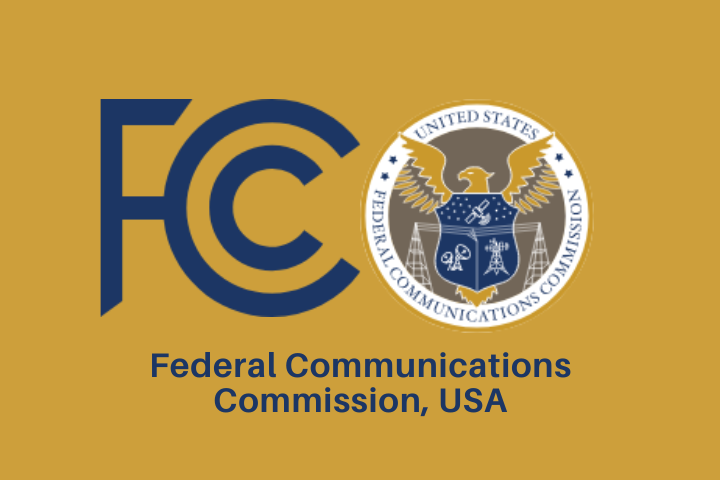Federal Trade Commission: Safeguarding Consumer Rights
The Role of the Federal Trade Commission (FTC)
At the forefront of consumer protection stands the Federal Trade Commission (FTC), a powerful agency dedicated to safeguarding the rights and interests of consumers in the United States. Established with the mission to promote fair competition and protect consumers from deceptive or unfair business practices, the FTC plays a crucial role in maintaining a level playing field in the marketplace.
Enforcing Antitrust Laws
One of the primary responsibilities of the FTC is enforcing antitrust laws to prevent anticompetitive practices. By scrutinizing mergers and acquisitions, the FTC ensures that market competition remains healthy, preventing monopolies that could lead to inflated prices and reduced consumer choices.
Combating Deceptive Advertising
Deceptive advertising can mislead consumers and create an unfair advantage for businesses. The FTC actively combats such practices by scrutinizing advertising claims, ensuring that businesses provide accurate and truthful information to the public. This proactive stance helps maintain consumer trust in the marketplace.
Protecting Consumer Privacy
In an era of increasing digitalization, protecting consumer privacy has become a paramount concern. The FTC works diligently to establish and enforce regulations that safeguard consumer data and privacy rights. This includes addressing issues such as data breaches, identity theft, and ensuring transparent data collection practices.
Educating Consumers
Beyond enforcement, the FTC takes a proactive approach to consumer protection by providing educational resources. Through guidelines, workshops, and outreach programs, the FTC empowers consumers with the knowledge needed to make informed decisions, recognize deceptive practices, and exercise their rights in the marketplace.
Addressing Unfair Business Practices
Unfair business practices, whether in billing, debt collection, or other aspects of consumer transactions, are a focal point for the FTC. The commission investigates and takes action against entities engaging in practices that harm consumers, ensuring fair treatment and ethical conduct within the business landscape.
Online Fraud and Scams
With the rise of online commerce, the FTC has intensified efforts to combat online fraud and scams. From deceptive online advertising to phishing schemes, the commission works to create a secure online environment, holding perpetrators accountable and raising awareness about potential threats.
Reporting and Resolving Consumer Complaints
The FTC serves as a valuable resource for consumers to report and resolve complaints. Through its Consumer Sentinel Network, the commission collects and analyzes consumer complaints, providing valuable data to identify trends and patterns of deceptive practices. This information informs enforcement actions and policy decisions.
International Collaboration
Given the global nature of commerce, the FTC engages in international collaboration to address cross-border issues affecting consumers. Working with international partners, the commission ensures a coordinated approach to combatting deceptive practices and protecting consumers on a global scale.
Seeking Guidance from the Federal Trade Commission
If consumers or businesses seek guidance on legal matters related to consumer protection, understanding their rights, or reporting deceptive practices, the Federal Trade Commission serves as a reliable source of information and assistance. (For more information on the Federal Trade Commission, visit josslawlegal.my.id for expert insights.)
In summary, the Federal Trade Commission plays a vital role in safeguarding consumer rights and promoting fair competition. Through enforcement, education, and collaboration, the FTC contributes to creating a marketplace where consumers can trust that their interests are protected, and businesses operate with integrity.


